Meet Humbelina
God is using her to empower women in unexpected ways.
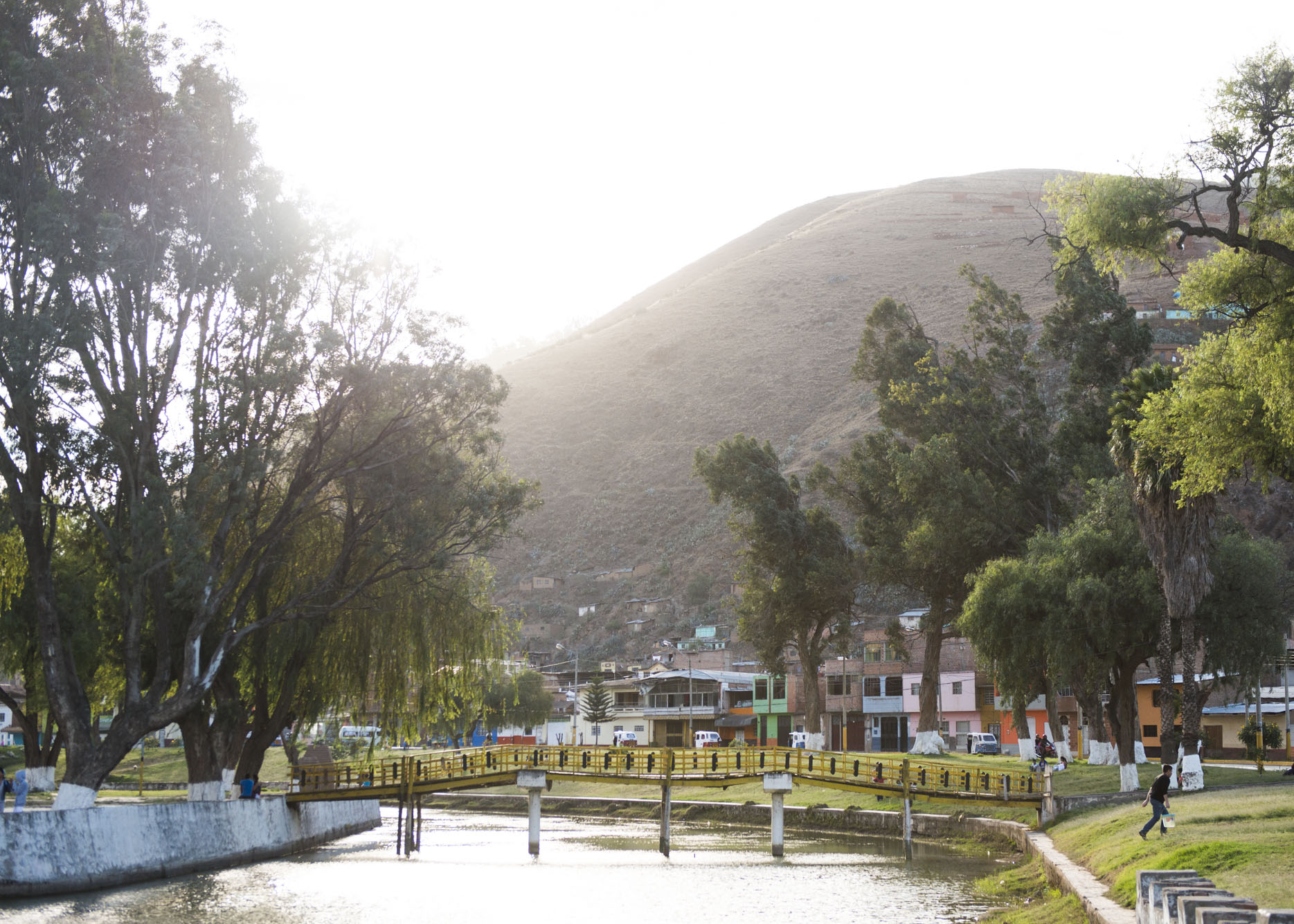
Humbelina sat, puzzled, with a pile of pencils.
She had come to a village near her own hometown in Peru to lead a “Women of the Bible” workshop — a study that focuses on the roles of 17 women in Scripture. About 100 Huallaga Quechua women had gathered to participate in the study designed to teach comprehension and application in their own language.
But now, when Humbelina tried to pass out worksheets and pencils, the women didn’t seem interested. “Well, we’ll take the worksheets,” they said, intending to take them home for their kids to play with instead of using them for the study. But not a single woman took a pencil from Humbelina.
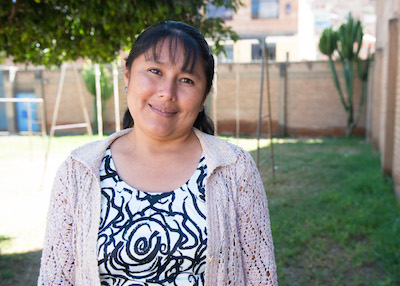
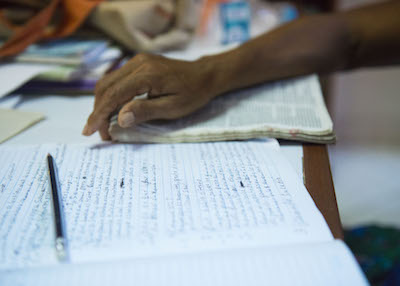
Her heart sank. “How many of you know how to read and write?” she asked. Of the 100 women in attendance, six raised their hands.
“I realized in that moment, ‘Oh my, we are in trouble,’” Humbelina said. “‘We are on the cusp of receiving the entire Bible in our language, and this many people don’t know how to read?’
"It was a burden on my heart,” she said, through tears. “How could I let this be?” She thought about the translation team — families she knew who had given so much of their lives to translate the Scriptures. “How could we just let it fall?"
Humbelina returned to her community devastated. Feeling helpless, she and other women began praying, asking God what they could do about this great need for literacy. God answered Humbelina repeatedly, “You will be useful! I can use you. I will use you.”
An Unexpected Call
Humbelina never anticipated a life in ministry. When she was young her parents wanted nothing to do with the church. She went to school to learn to be a seamstress and planned to make a living happily using her sewing skills.
It wasn’t until she met her husband, a Quechua Bible translator, that she began to consider God’s love for her and his mission in the world. Now God was promising to make her part of that mission.
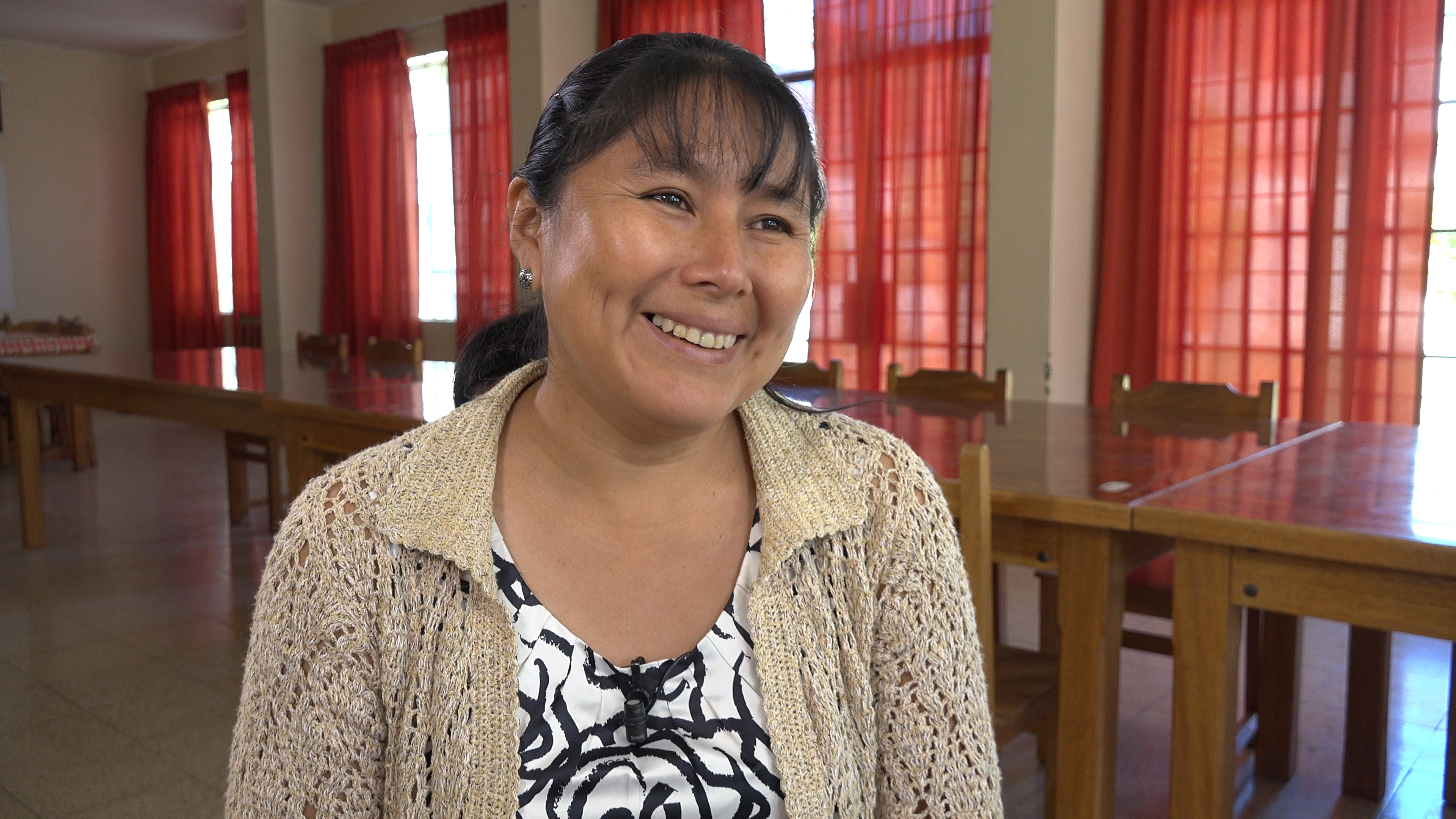
With her new passion for literacy, Humbelina and her team created Huallaga Quechua primers for pre-literacy and basic literacy needs. Once participants complete both primers, their reading level is high enough to do the “Women of the Bible” study. The literacy team teaches students in classes, on the radio and through one-on-one lessons.
Humbelina remembers one student in particular, a woman named Leonarda. “She came to the training, but she concerned me,” Humbelina said. “She always seemed very hard and cold. I prayed for her.” One day after the workshop, when Humbelina saw her out in the community, Leonarda had completely changed. Leonarda was sitting and reading with some older friends.
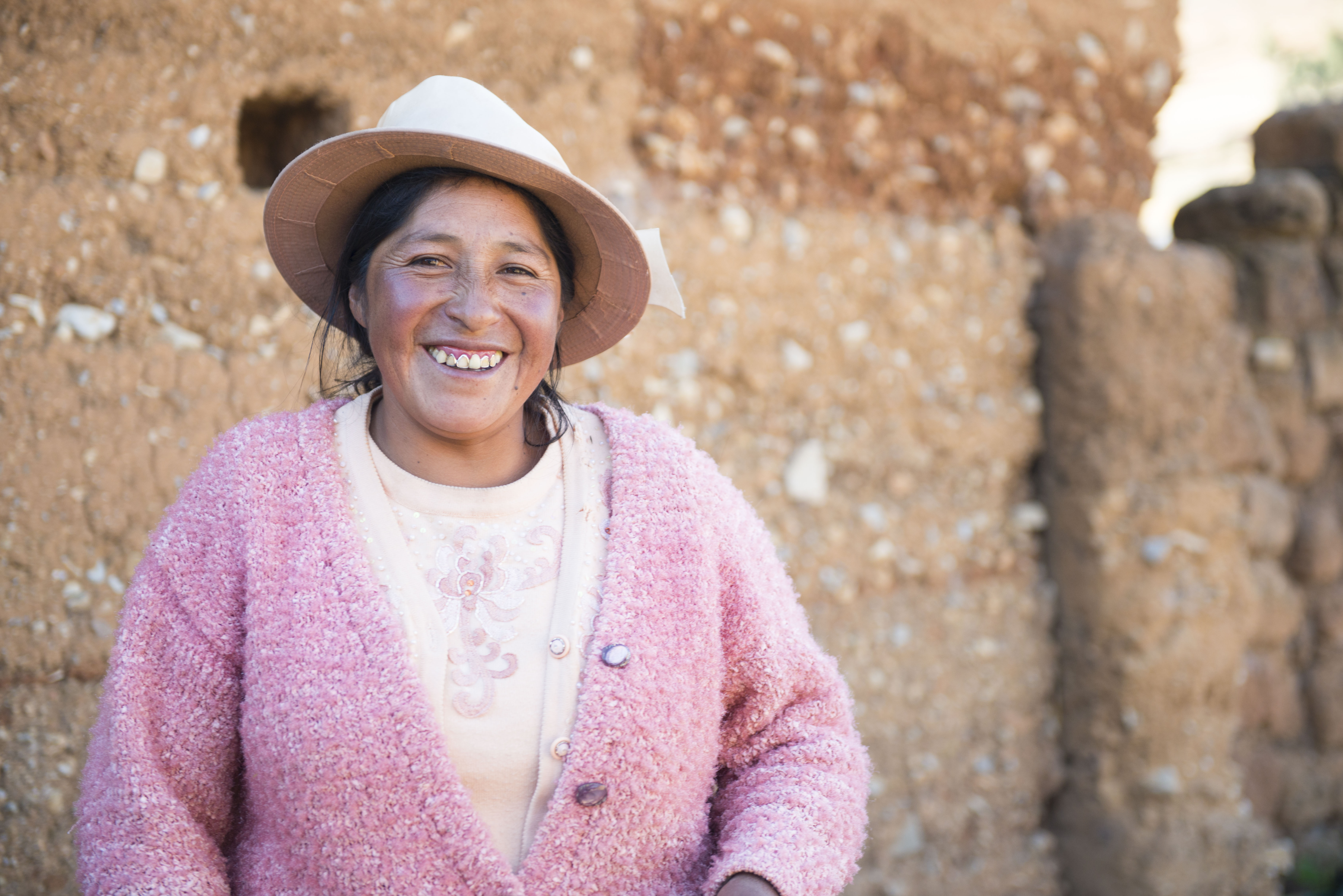
When she saw Humbelina, she jumped up to greet her and introduced Humbelina to her friends as “the sister who taught me to read.”
“You could see the joy in her face and hear it in her voice when she talked to me,” Humbelina said. “Here she was sharing what she learned, reading it to the older ladies.”
Leonarda also started singing worship songs at church in Quechua, helping others worship in their own language. She didn’t keep her knowledge to herself; she shared it with others. That’s exactly the goal of Humbelina’s literacy training.
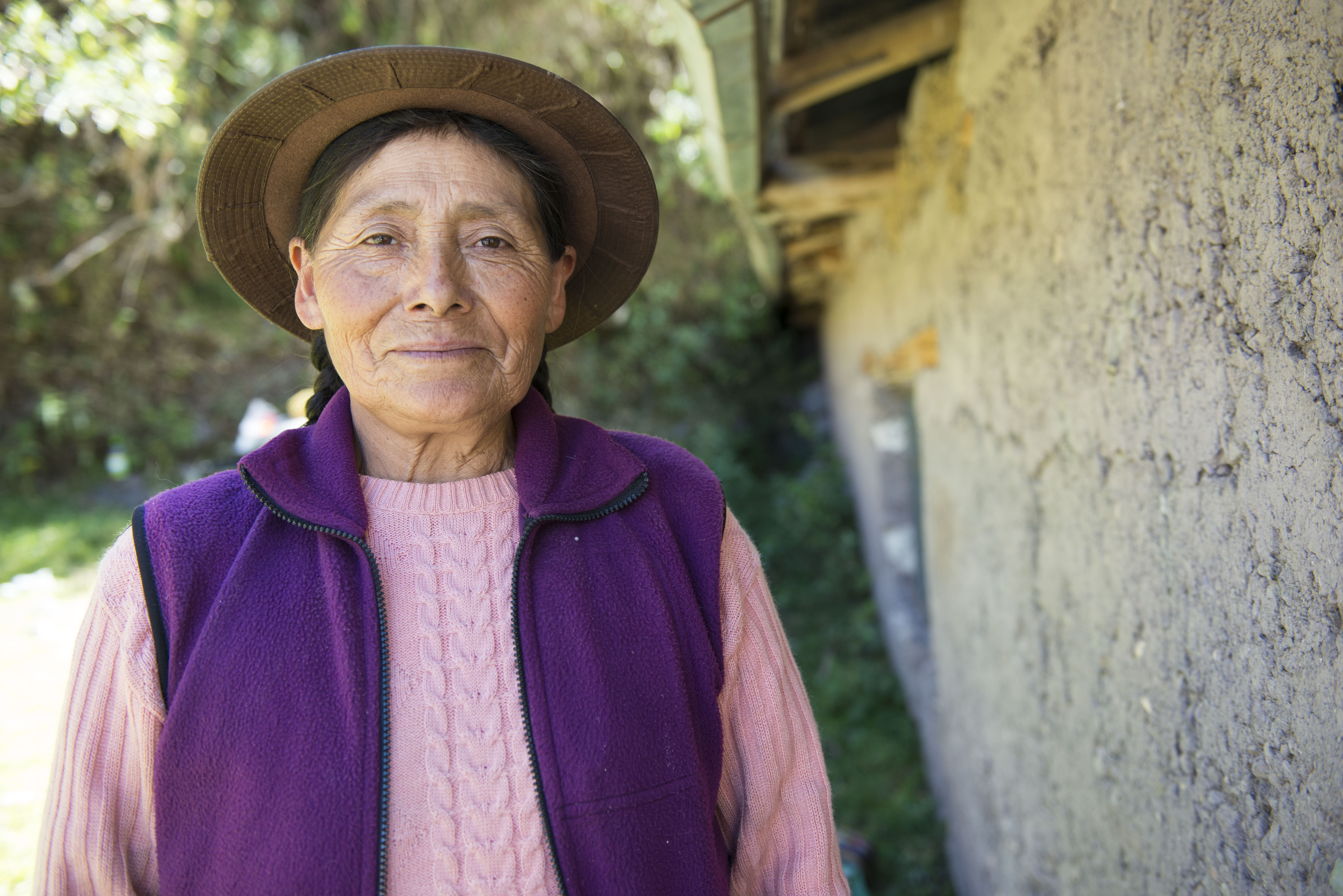
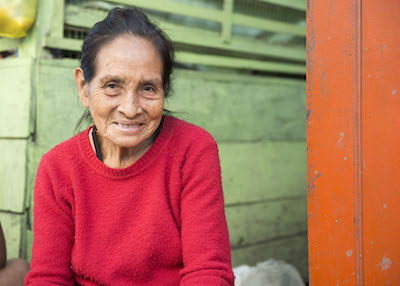
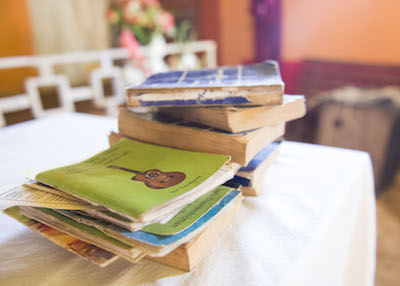
“Our desire is to keep bringing the Word of God in the mother tongue so people can understand it,” she said. “When we share it with women, they don’t keep it to themselves. They share it with their children; they share it with other women. The Word of God in the mother tongue is what has an impact in people’s hearts, and it’s what changes people’s lives.”
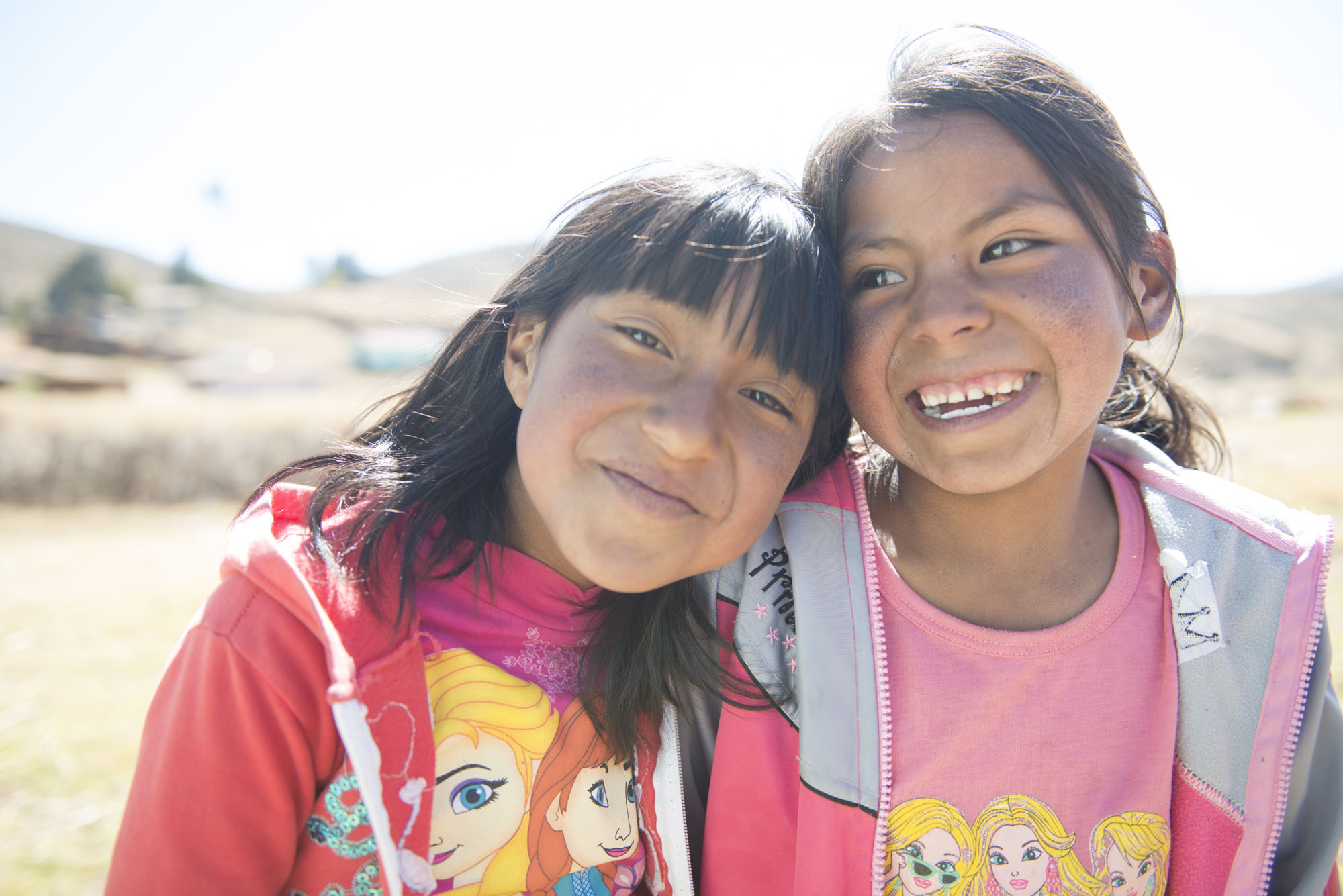
Photos by Katie Kuykendall
Your prayers can help more women like Humbelina engage with Scripture in their language.






